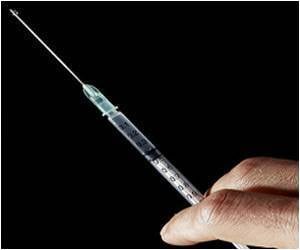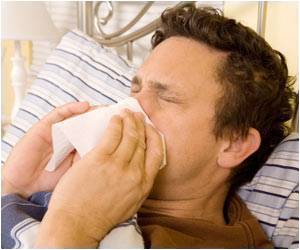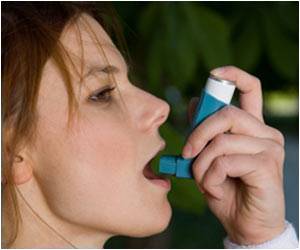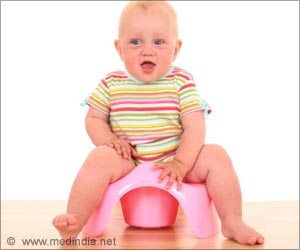Children who were prescribed an epinephrine auto injector didn't receive the life-saving medication when they needed it, shows research.
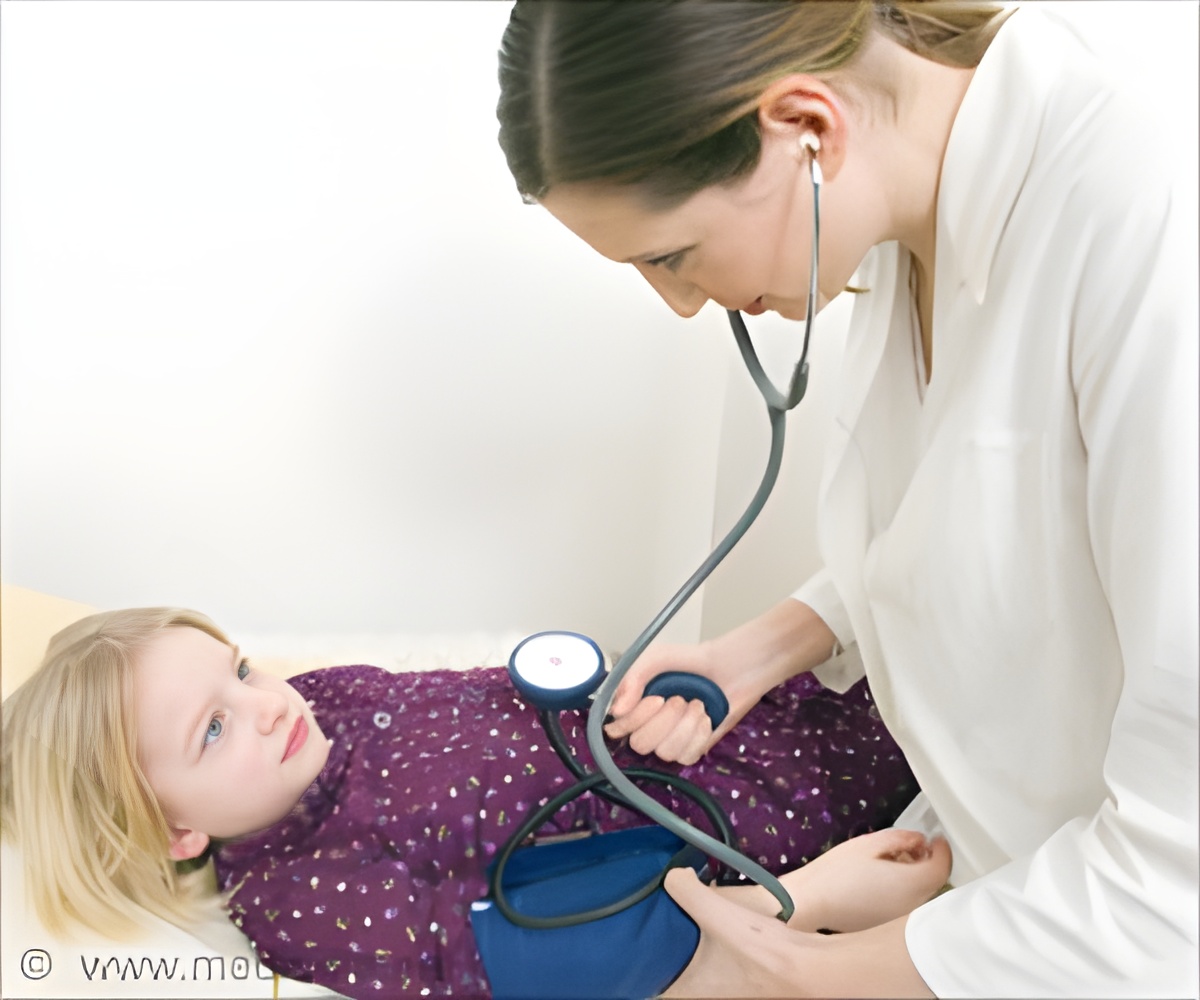
‘Anaphylaxis requires immediate medical treatment, including a prompt injection of epinephrine and a trip to a hospital emergency room. If it isn’t treated properly, anaphylaxis can be fatal.’





A new study showed that even kids who were prescribed an epinephrine auto injector didn't receive the life-saving medication when they needed it. The study in Annals of Allergy, Asthma and Immunology, the scientific publication of the American College of Allergy, Asthma and Immunology (ACAAI) examined 408 patient records for children seen in an emergency department (ED) or urgent care (UC) setting for anaphylaxis. The records showed fewer than half the children received epinephrine prior to arriving at the ED or UC even though approximately 65 percent had a known history of anaphylaxis, and 47 percent had been prescribed epinephrine.
"We found kids who had a reaction at home were less likely to receive epinephrine than kids who had a reaction at school," says allergist Melissa Robinson, DO, ACAAI member and lead author of the study. "Treatment with epinephrine is often delayed or avoided by parents and caregivers. And sometimes antihistamines are used even though they are not an appropriate treatment."
Once they arrived at the ED/UC, only 50 percent of all patients received epinephrine. That number includes even those that got epinephrine before arrival. Because the study examined only if kids received epinephrine upon arrival at the ED/UC, there is no information on the reasons epinephrine wasn't given. The study did determine that children who received epinephrine prior to arrival were less likely to be treated with epinephrine once they arrived. Kids who received epinephrine prior to arrival were also more likely to be sent home compared to those who didn't.
"Allergists want parents, caregivers and emergency responders to know epinephrine should always be the first line of defense when treating anaphylaxis," says allergist David Stukus, member of the ACAAI Public Relations Committee and co-author of the study. "Our study found that only two-thirds of those who had an epinephrine prescription had their auto injector available at the time of their allergic reaction. It's vital to keep your epinephrine with you if you suffer from any sort of severe allergy. Anaphylaxis symptoms occur suddenly and can progress quickly. Always have a second dose with you and, when in doubt, administer it too. Anaphylaxis can be deadly if left untreated."
Advertisement
Source-Eurekalert


